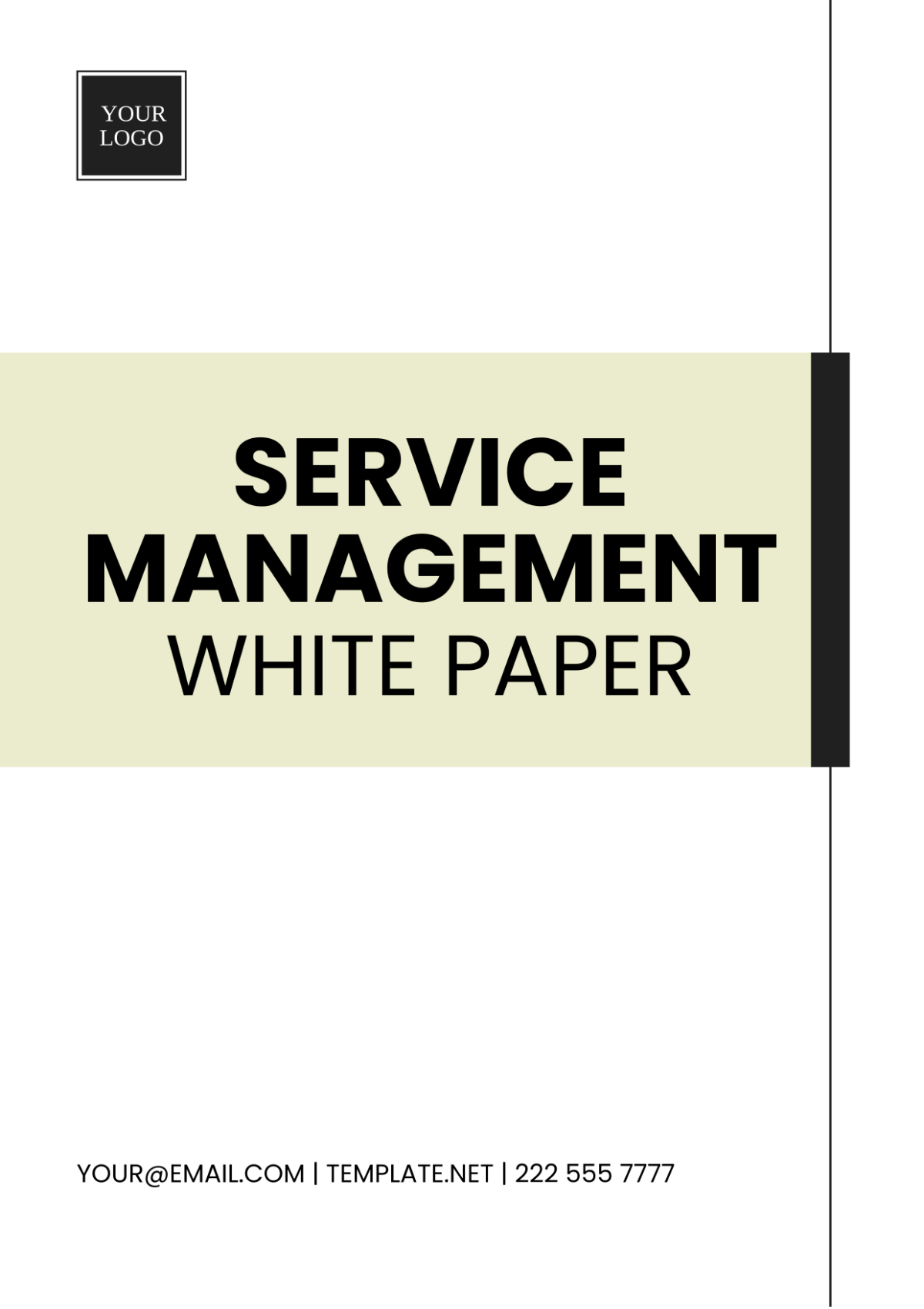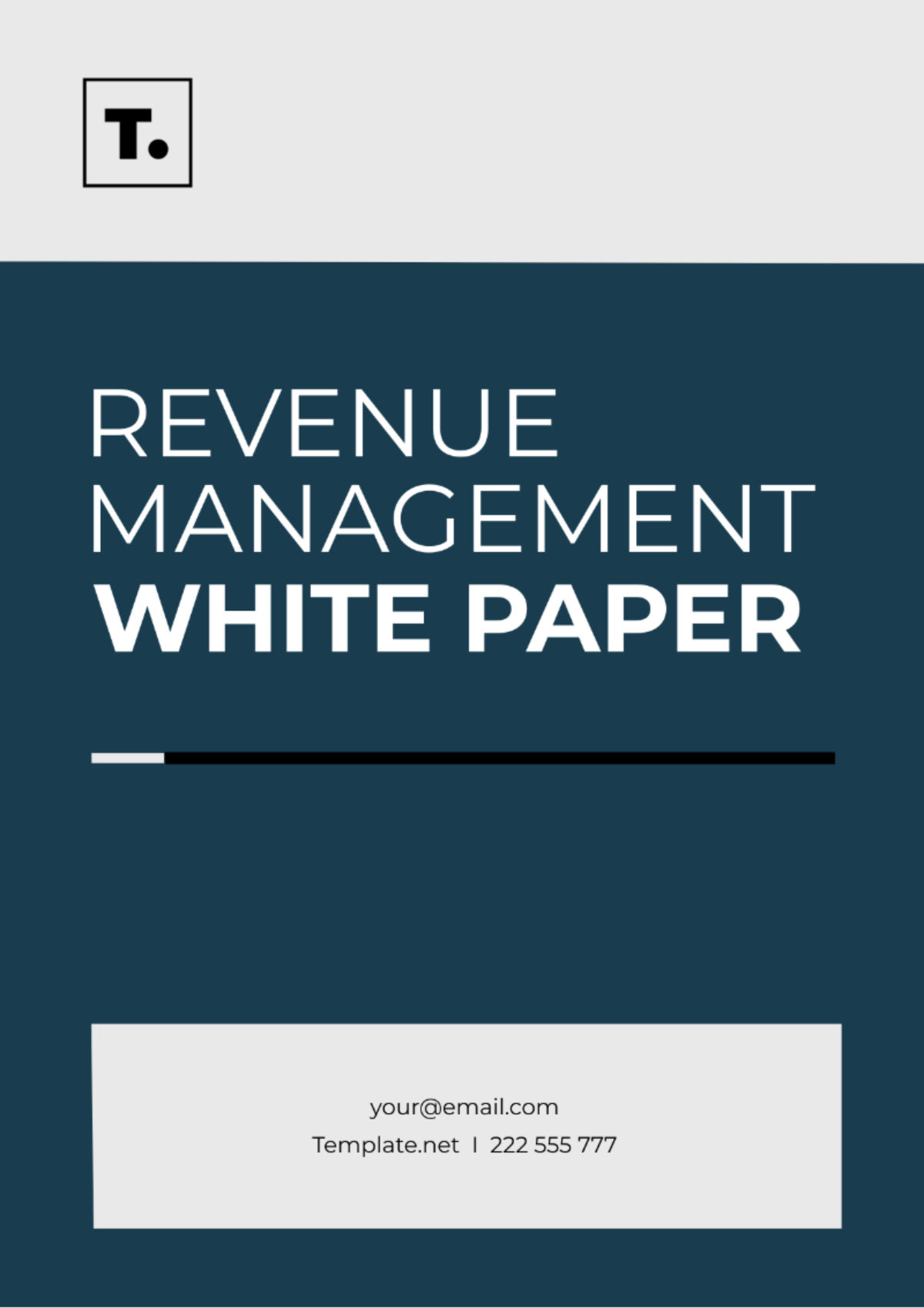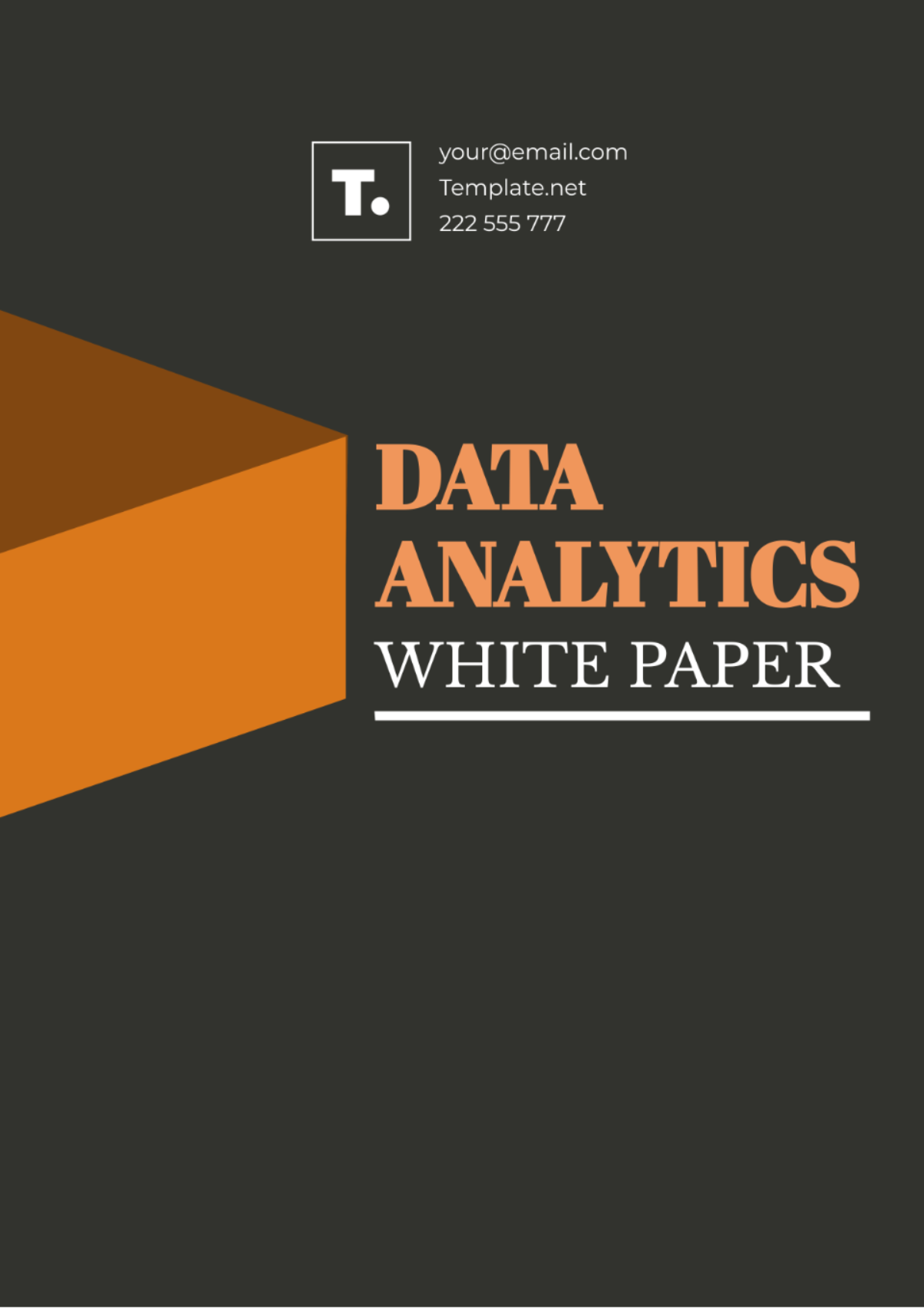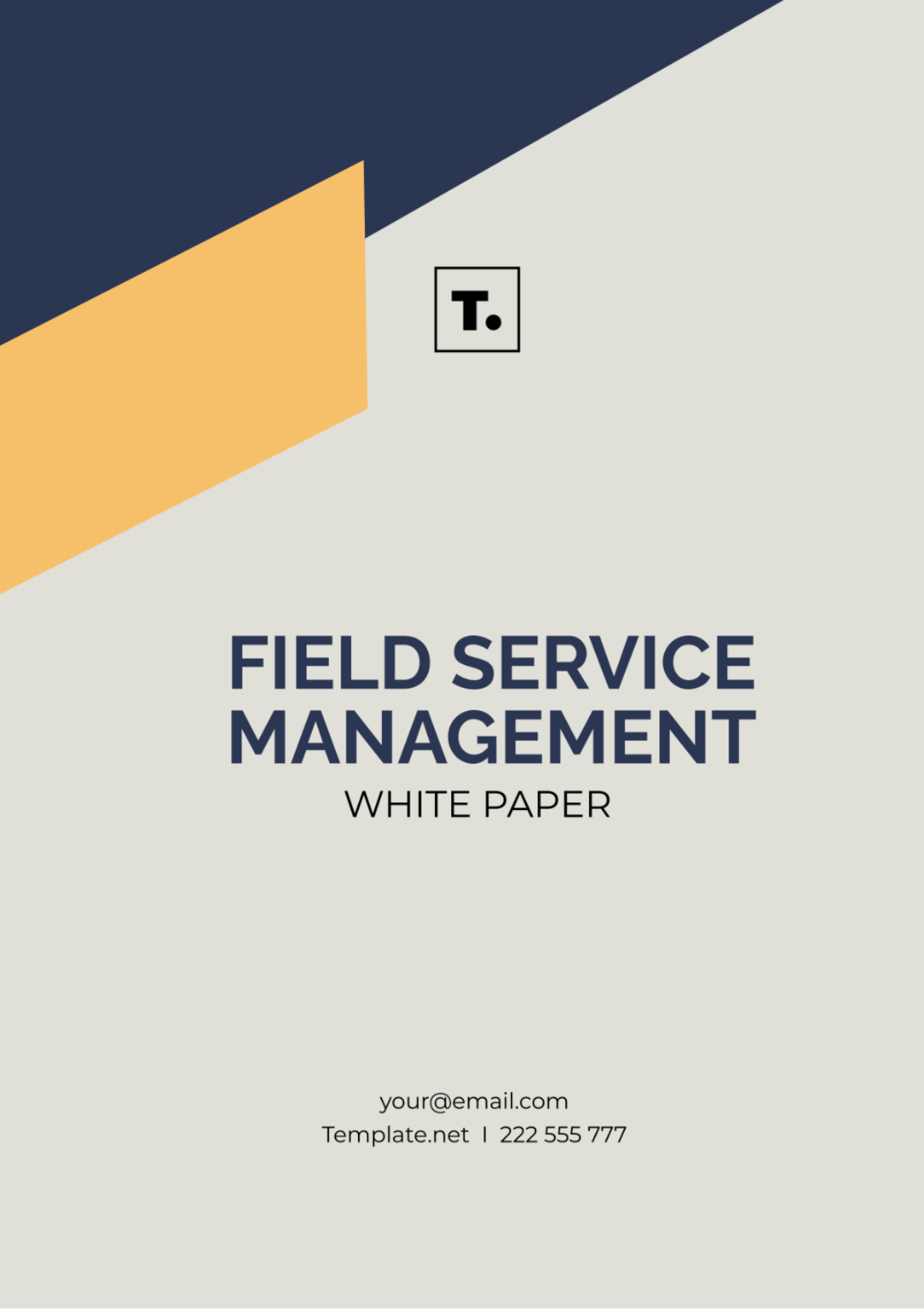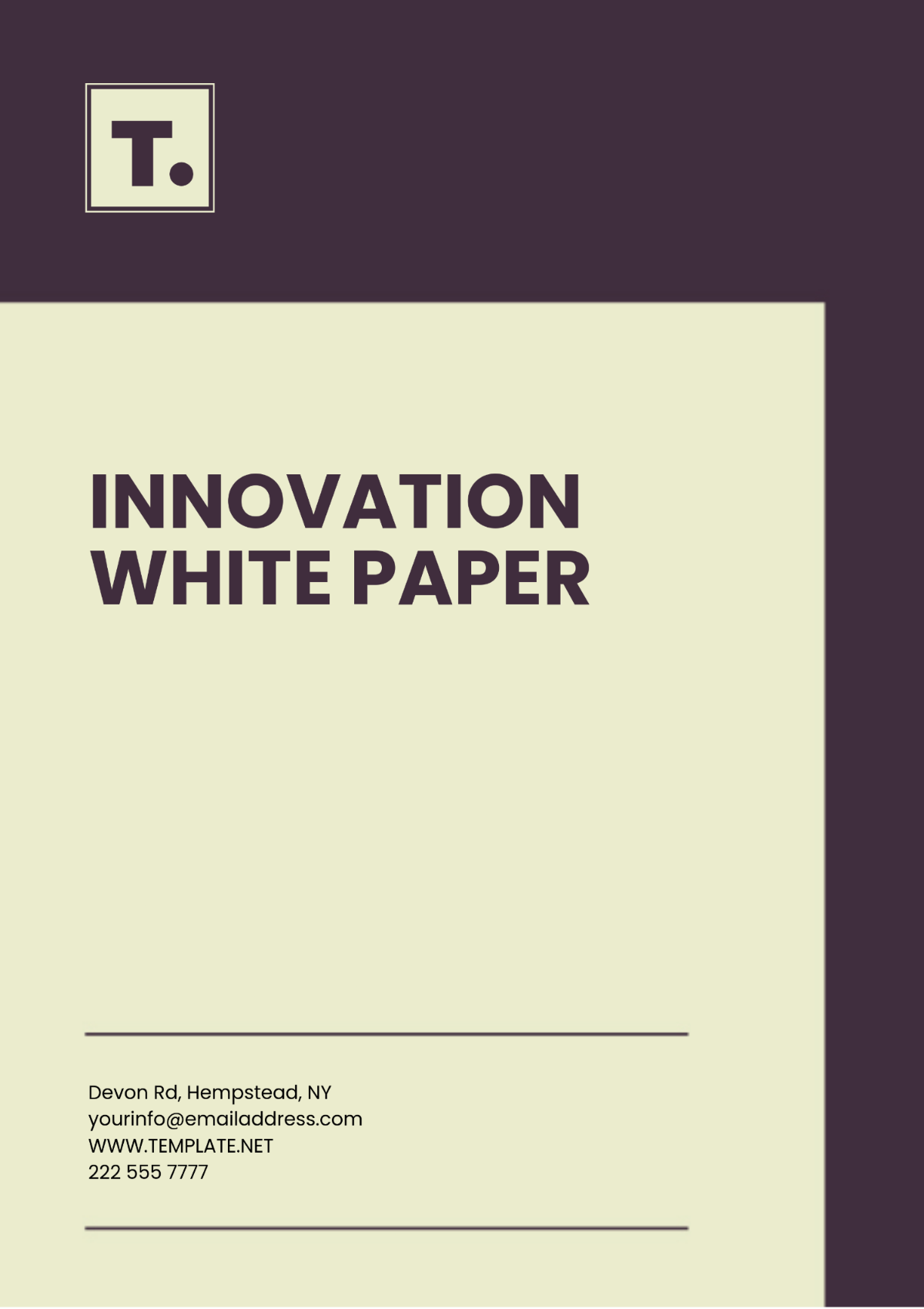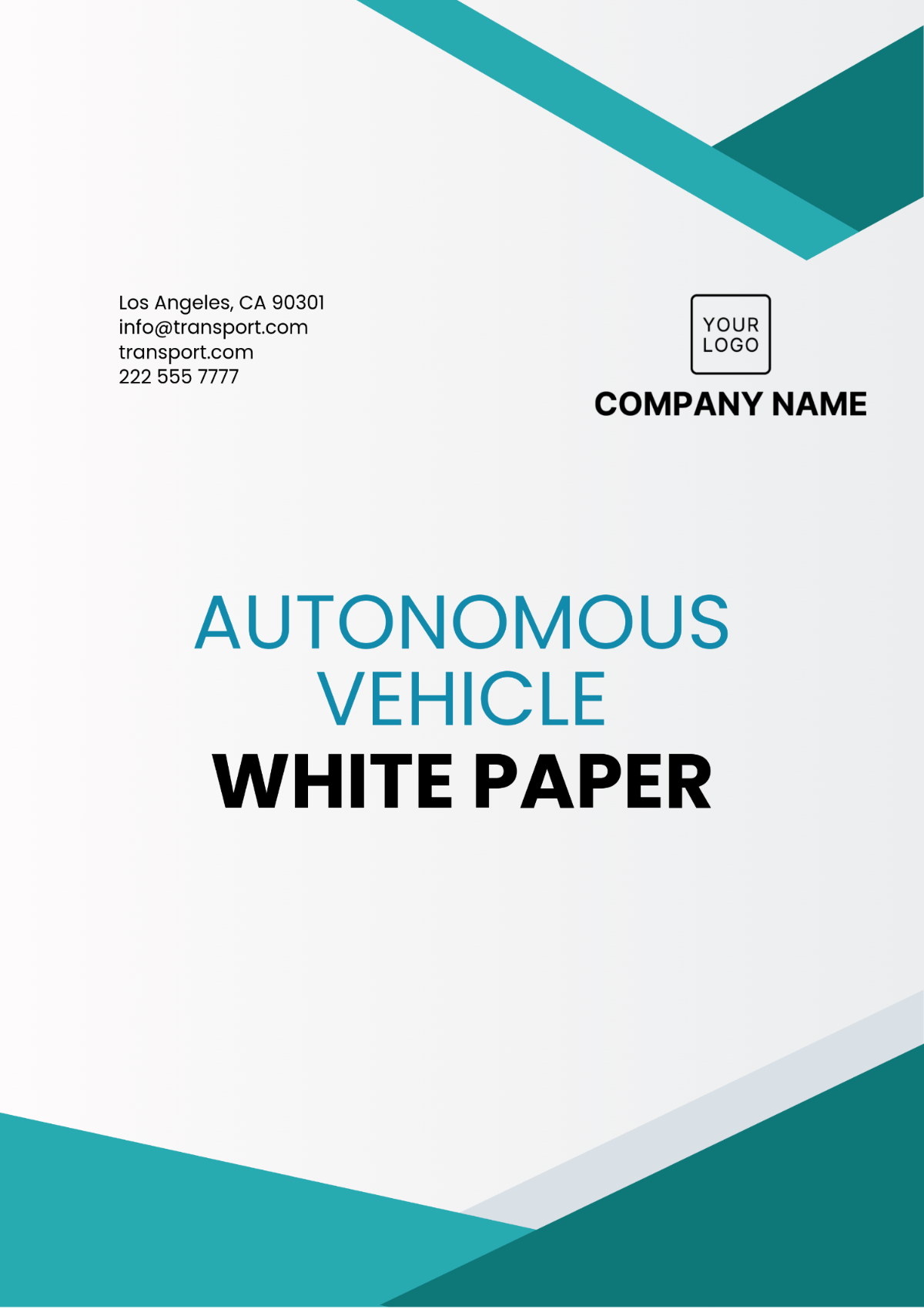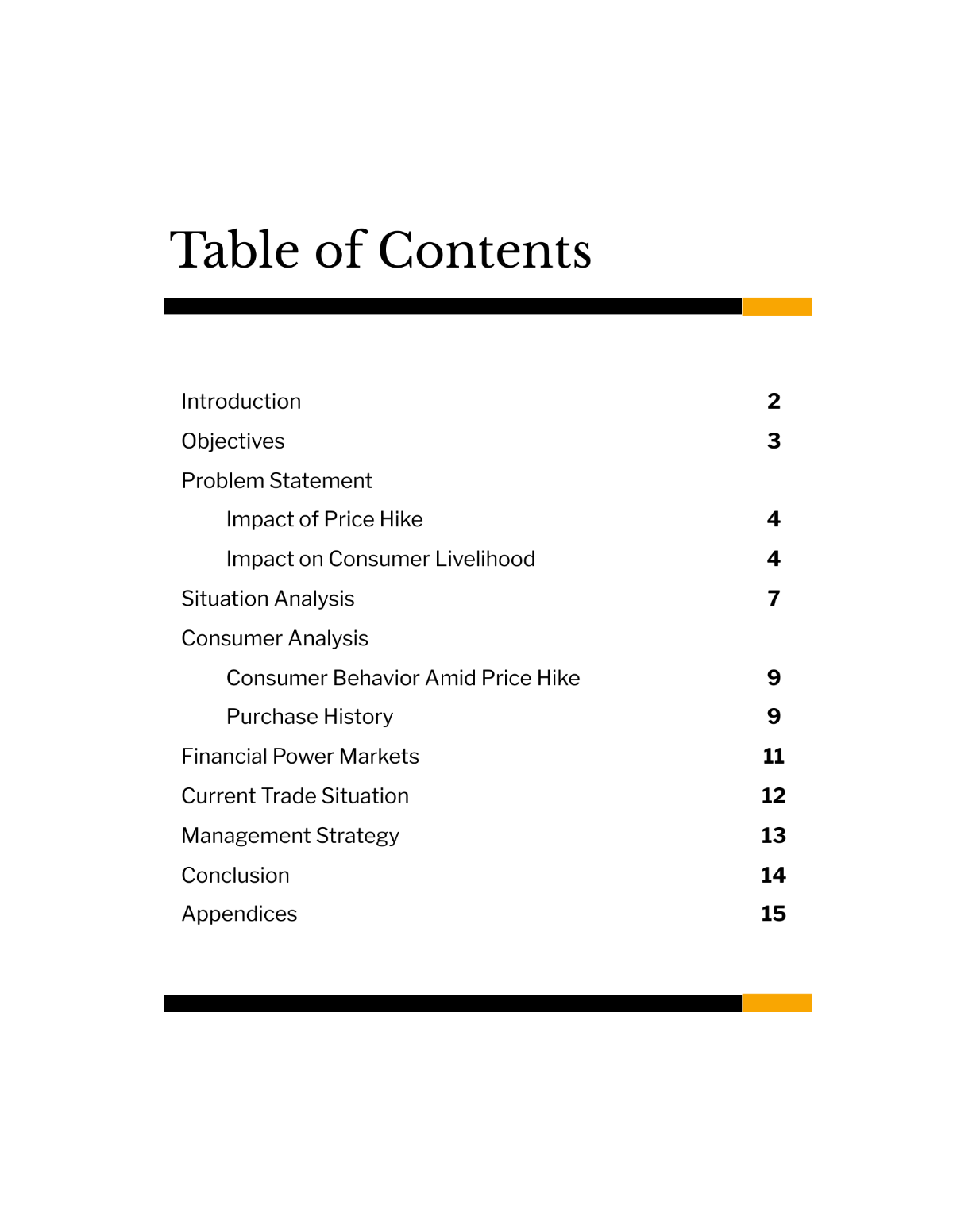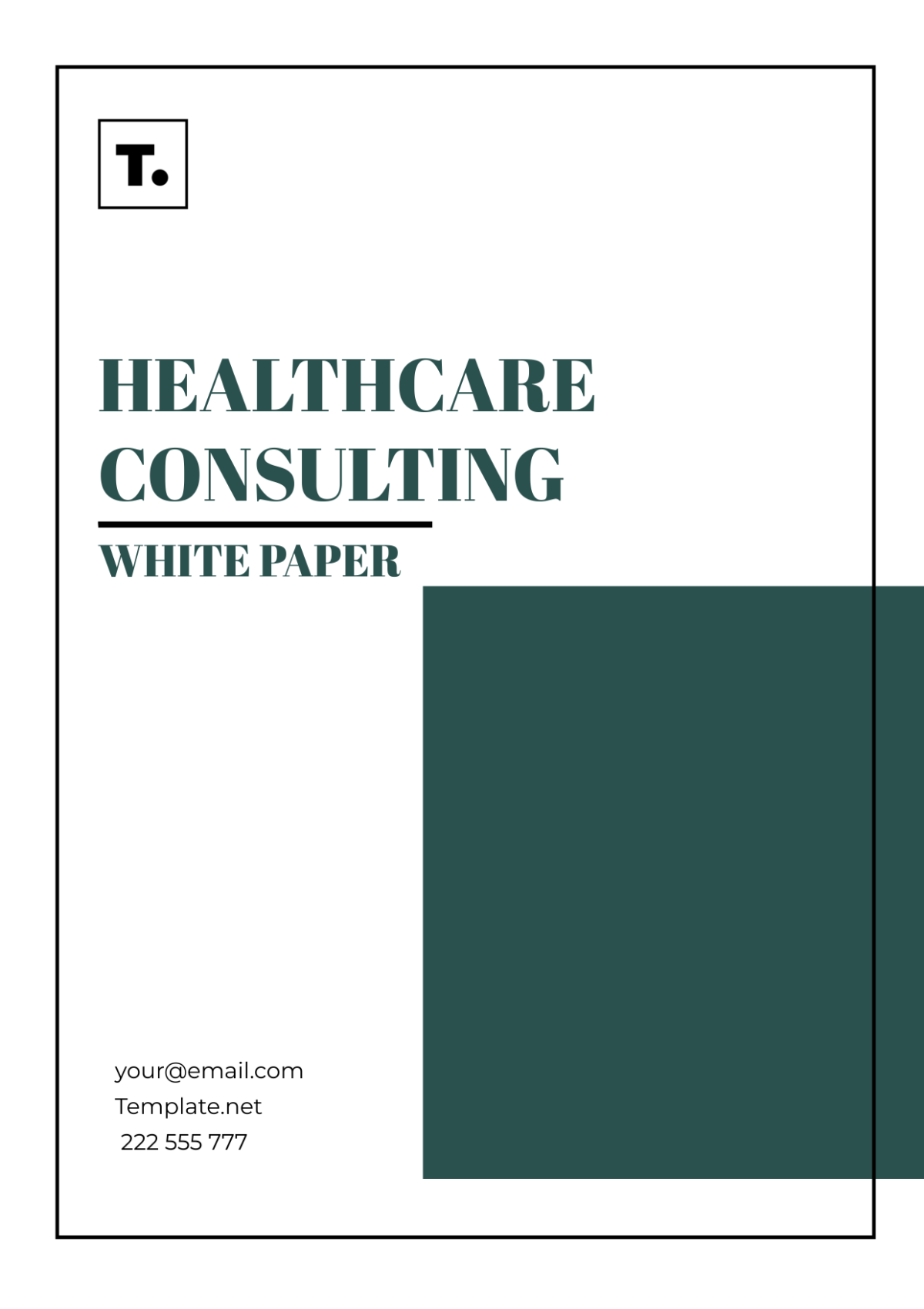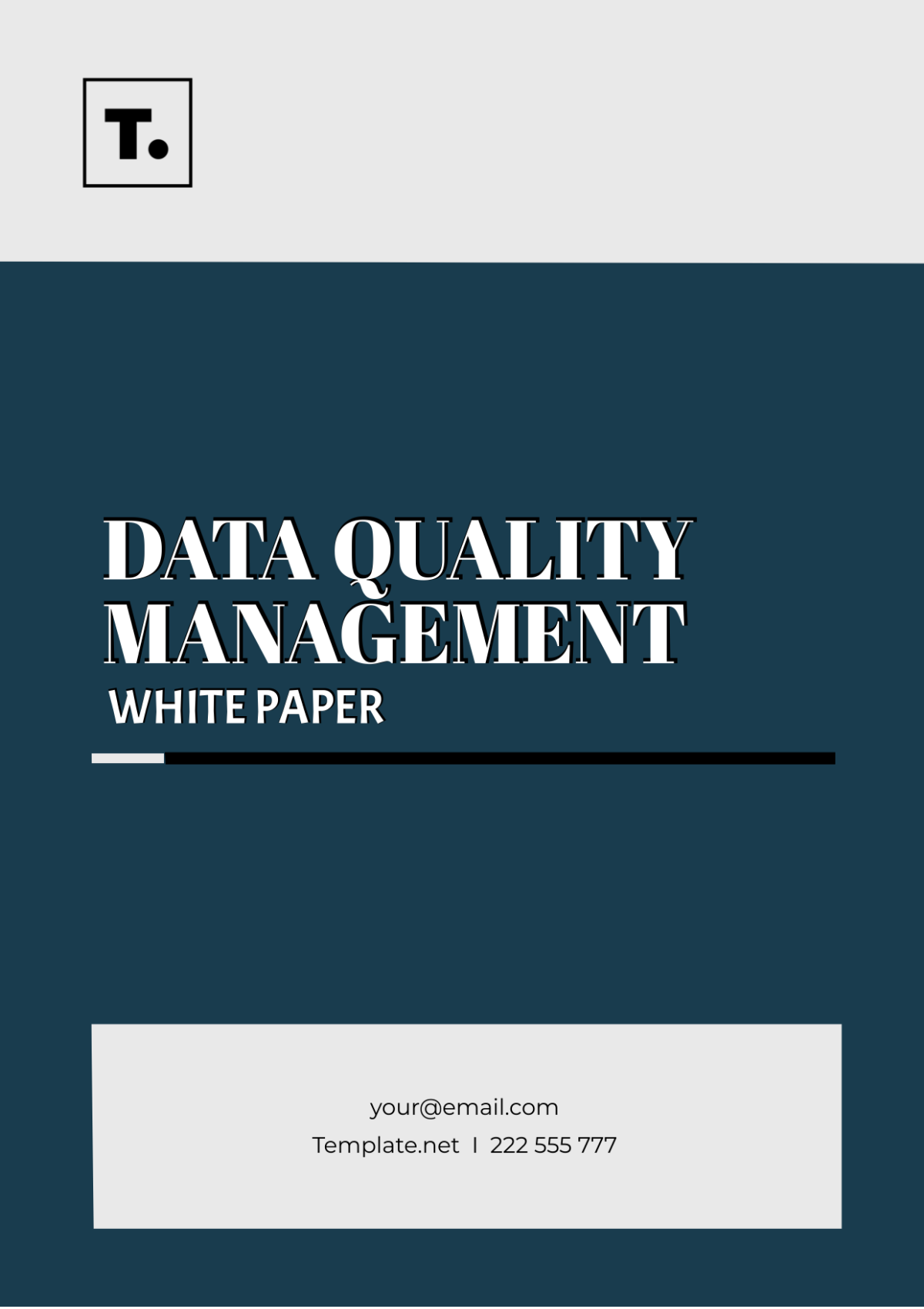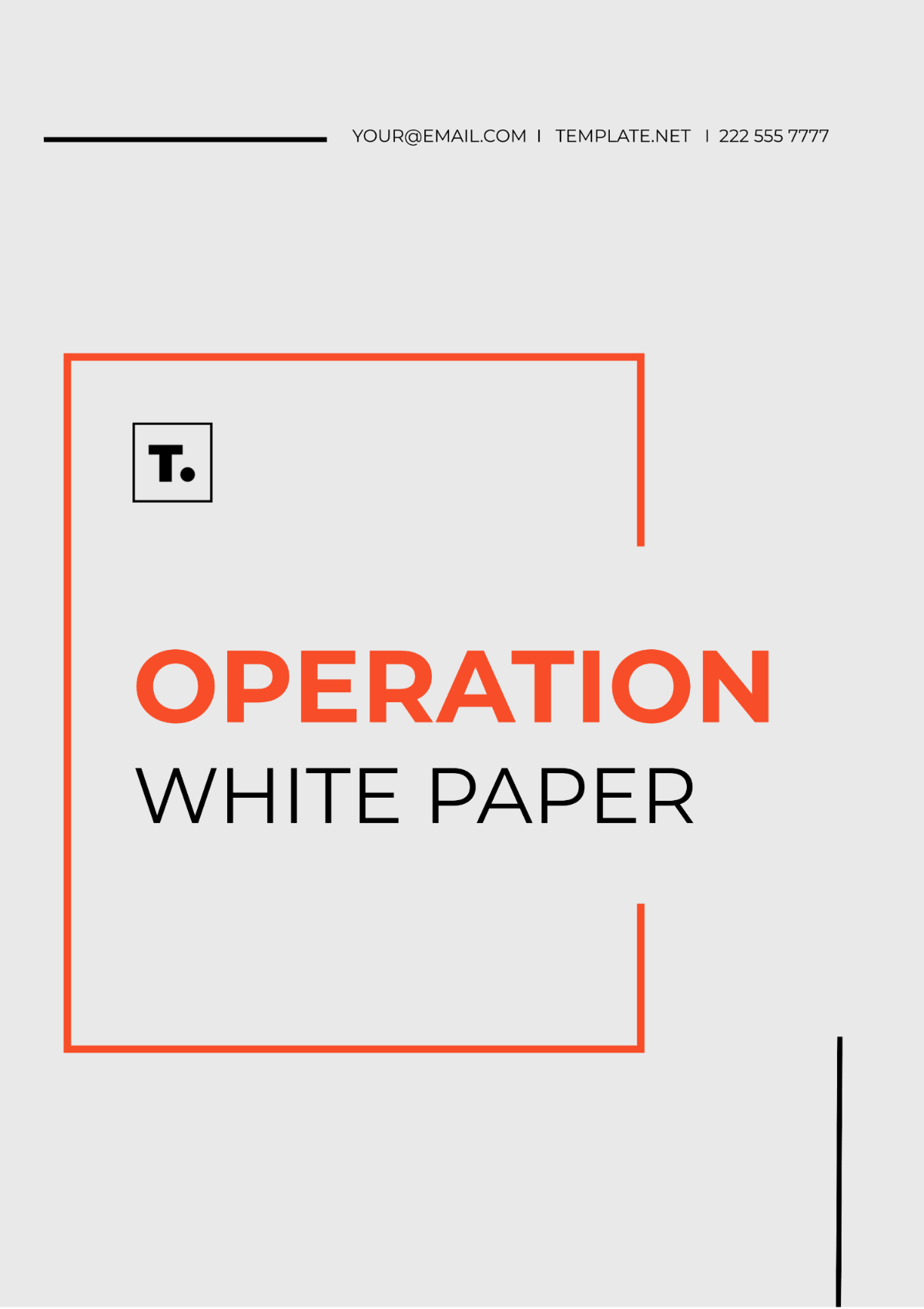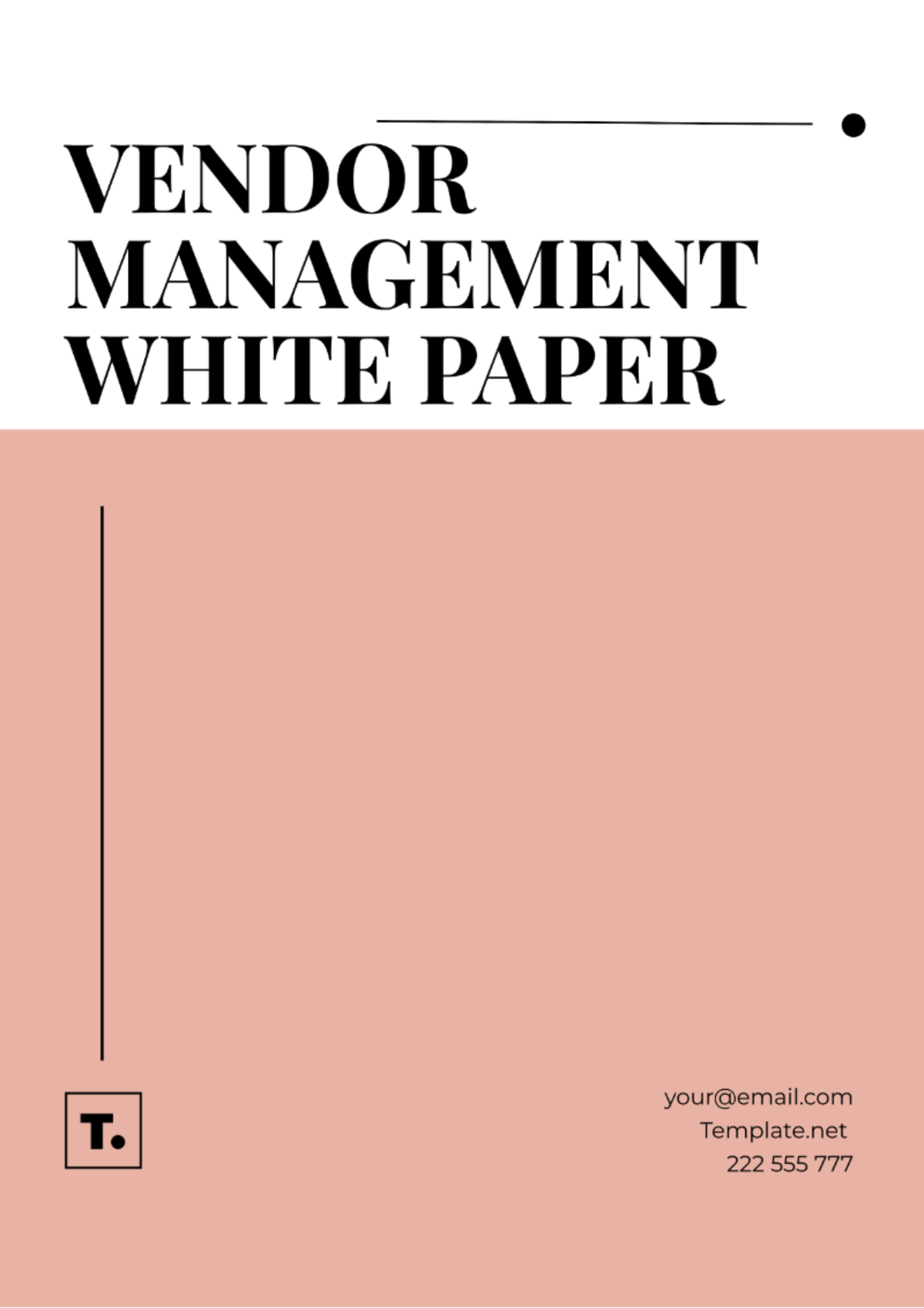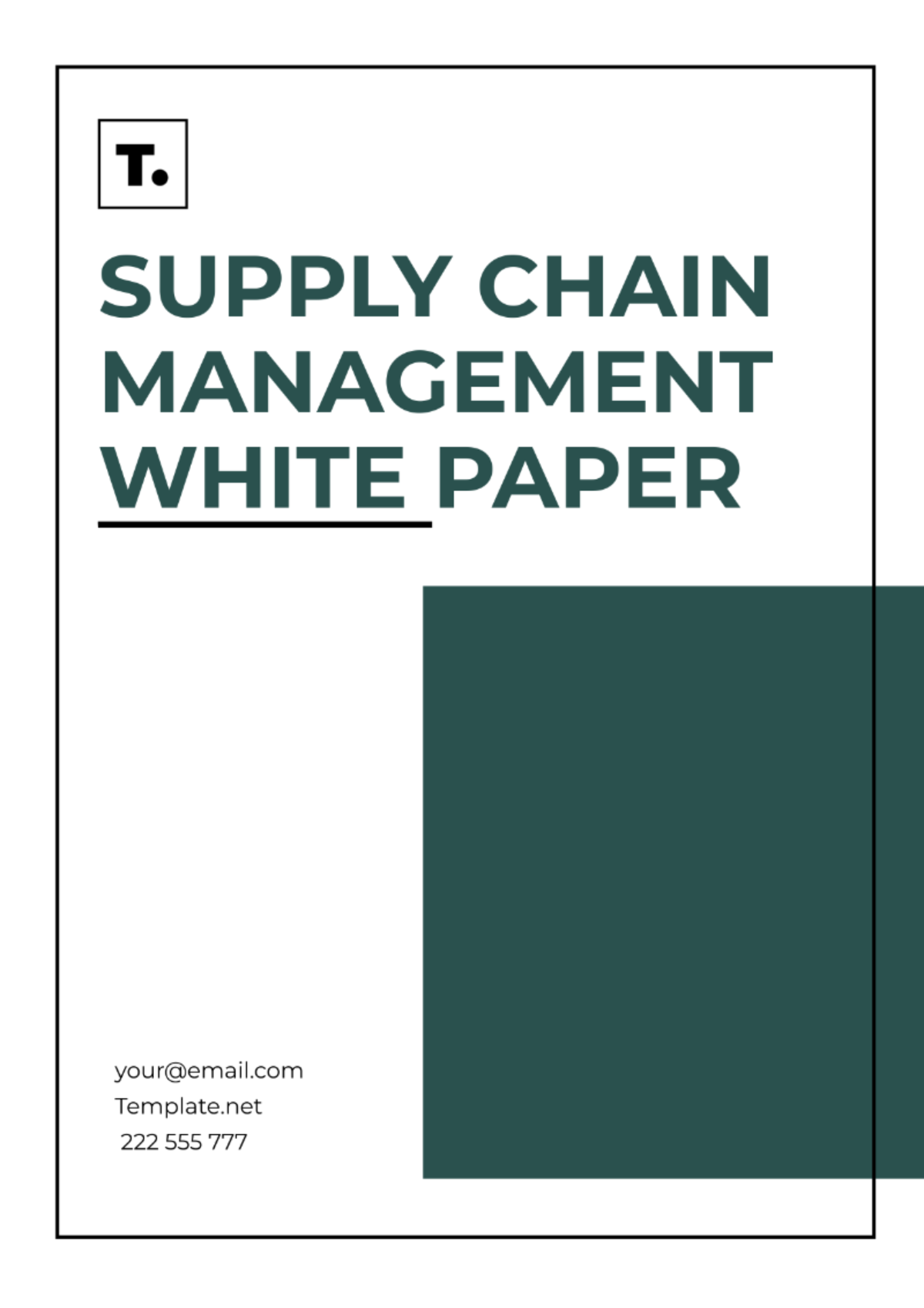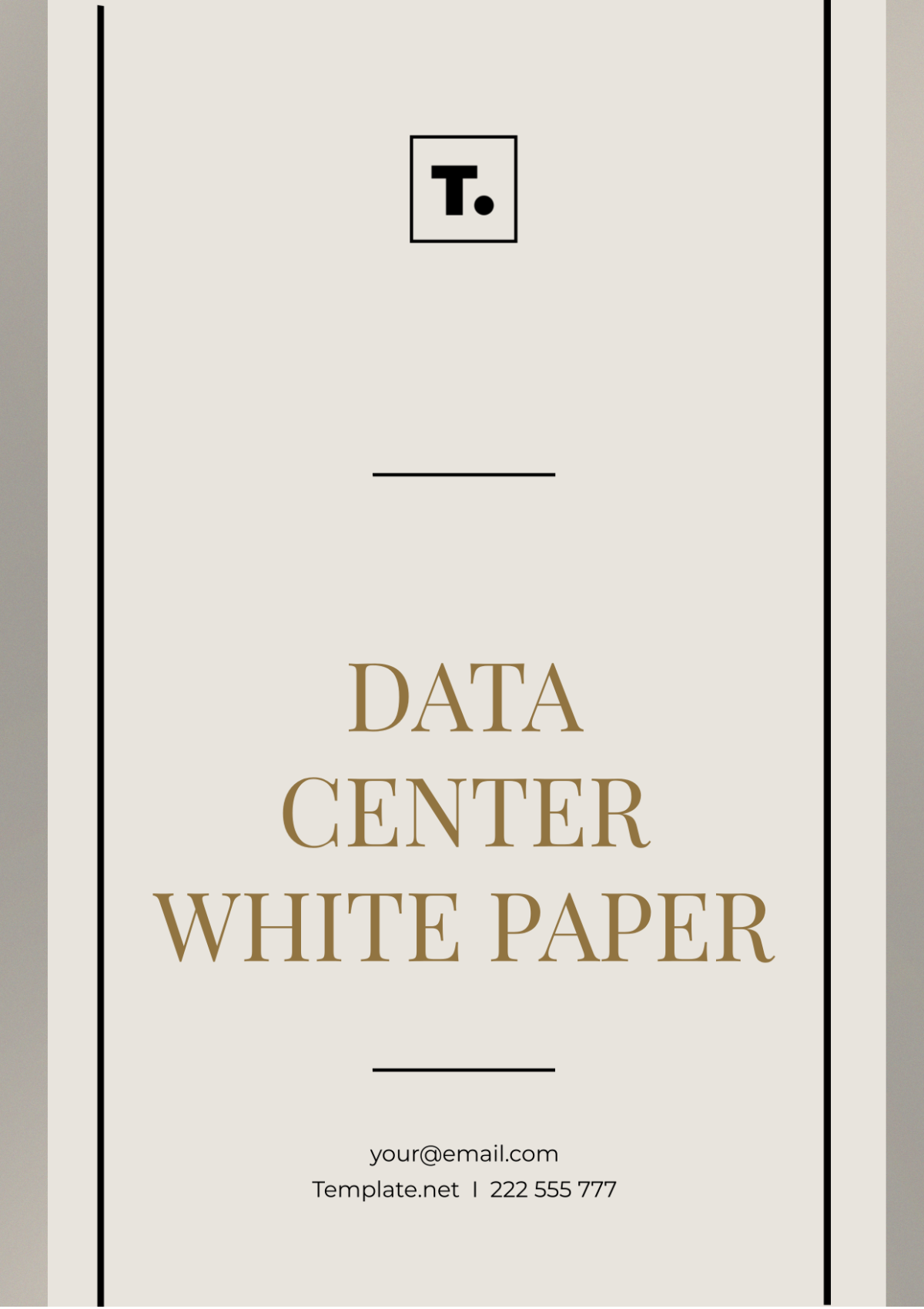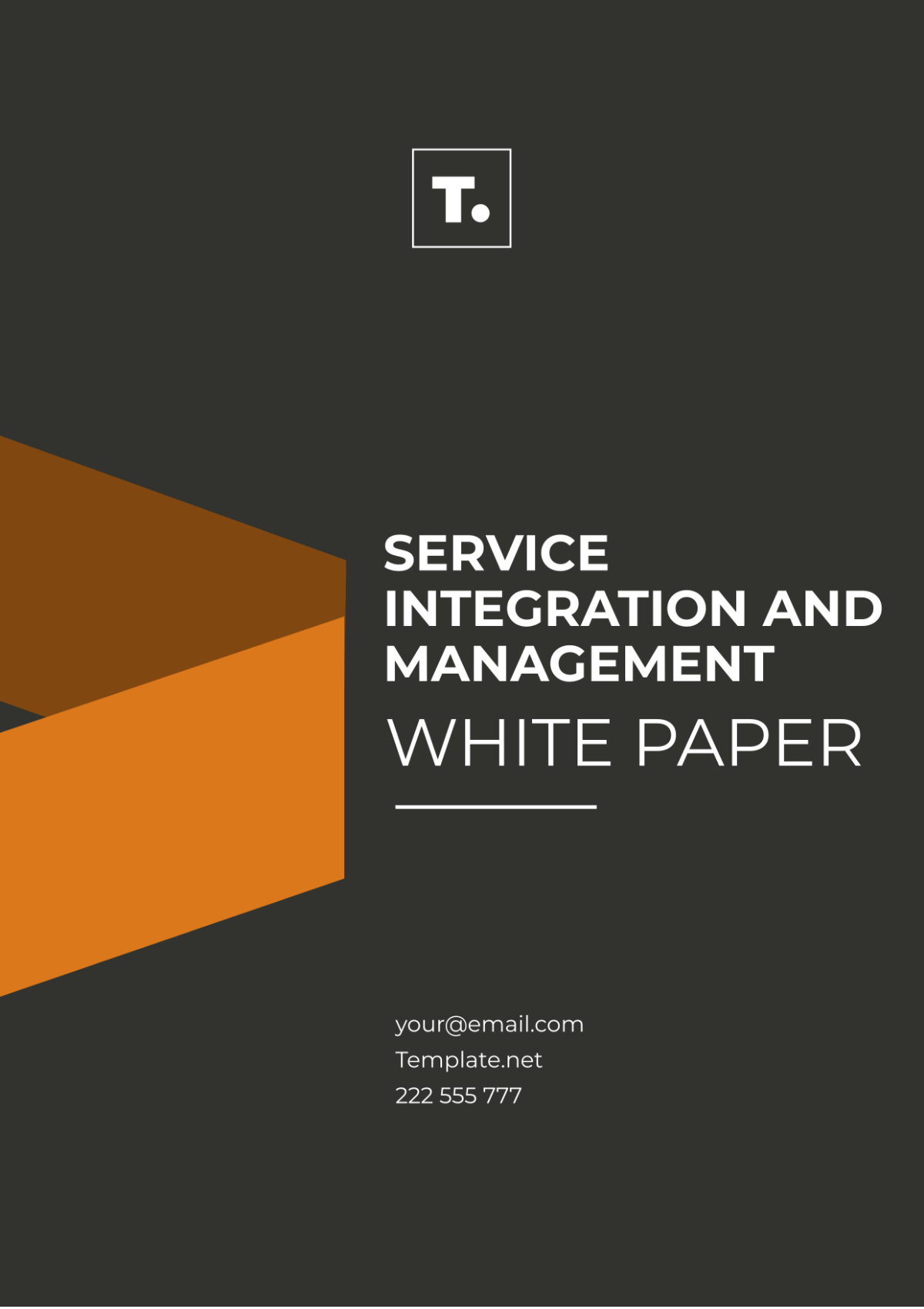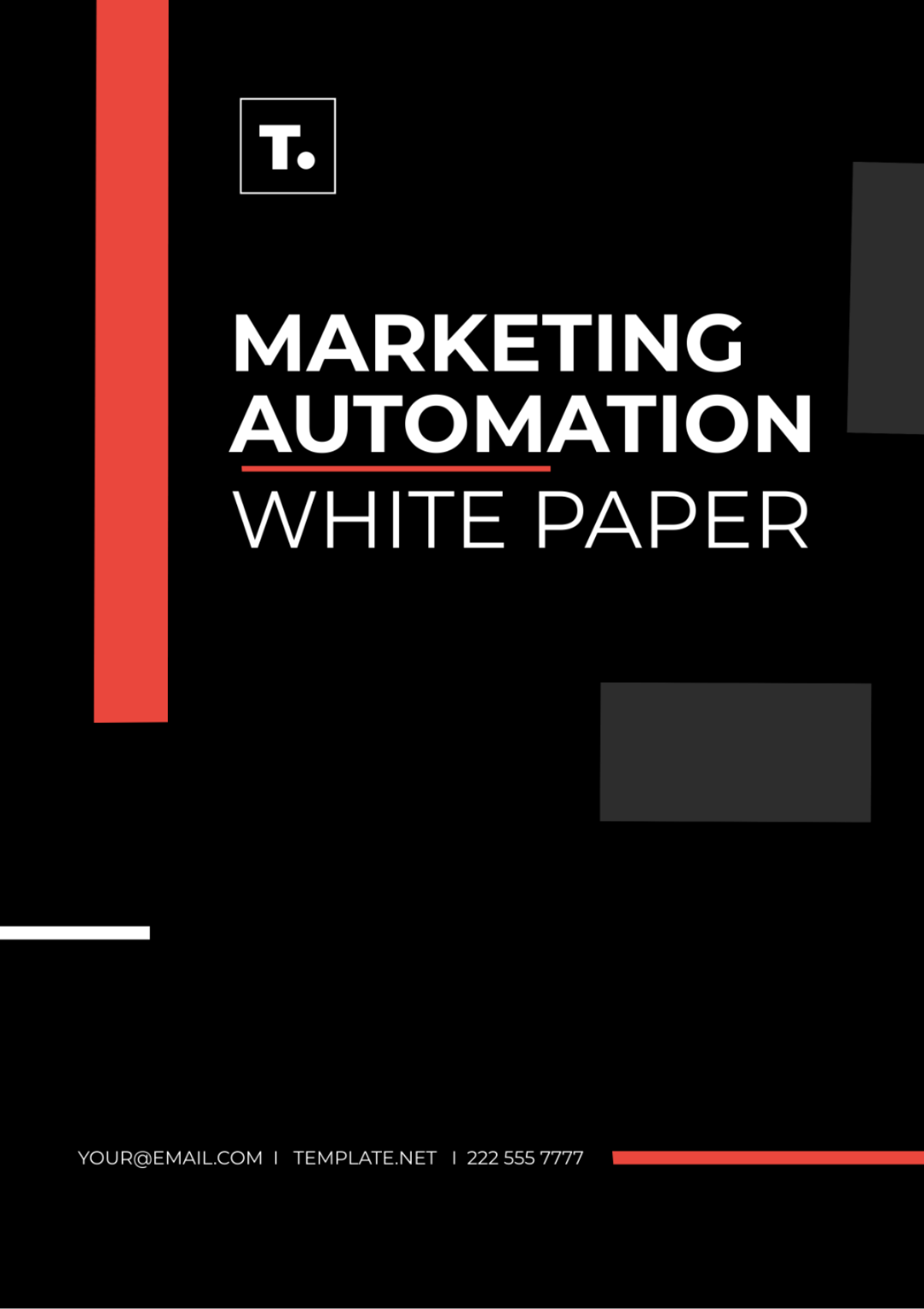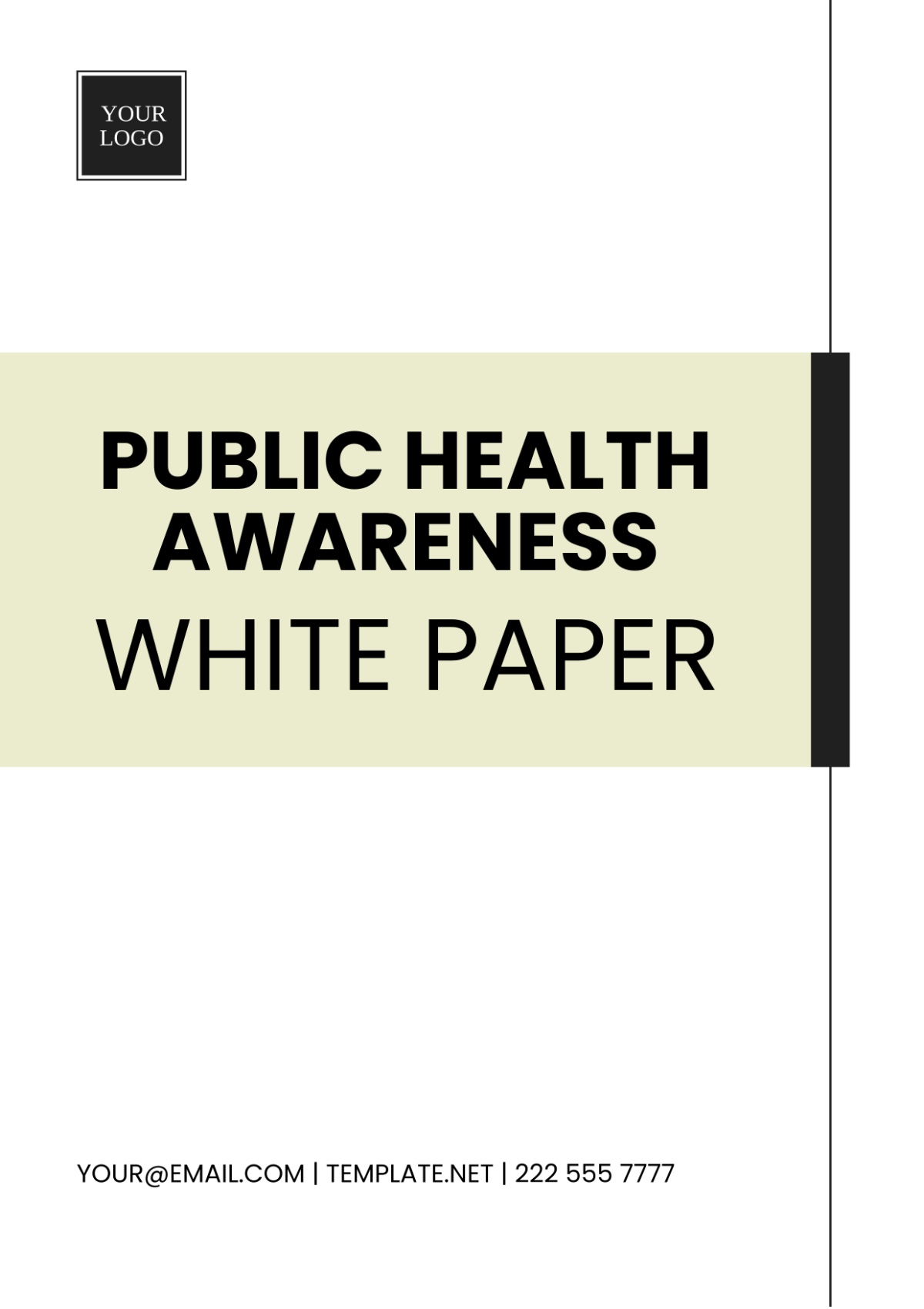Data Governance White Paper
Data Governance: Principles and Best Practices
Prepared by: [YOUR NAME]
Department: [YOUR DEPARTMENT]
Date: [DATE]
I. Executive Summary
This white paper provides a comprehensive overview and actionable insights on the best practices and strategies for effective data governance within [YOUR COMPANY NAME]. It aims to equip stakeholders with the necessary knowledge to ensure compliance, enhance data security, and maintain data integrity across the organization.
II. Introduction

Data governance involves the supervision, monitoring, and regulation of an organization's data assets to ensure they meet internal and external standards and remain secure, available, and usable. This document is intended to serve as a guideline for [YOUR COMPANY NAME] to manage and control its data effectively.
III. Importance of Data Governance
Data is a strategic asset that requires careful management. This section outlines the importance of data governance in maintaining data quality, meeting compliance requirements, and enhancing operational efficiency.
Improving decision-making capabilities
Enhancing the operational responsiveness
Securing data and ensuring privacy compliance
Streamlining data management processes
IV. Core Principles of Data Governance
The following principles form the backbone of effective data governance for [YOUR COMPANY NAME]:
Data Accuracy and Quality
Data Security and Privacy
Data Usability and Accessibility
Regulatory Compliance
Stakeholder Engagement
V. Implementing Data Governance
Effective implementation of data governance requires a structured approach. This section discusses the key steps and strategies involved:
Establishing a governance framework
Defining roles and responsibilities
Developing data standards and policies
Investing in training and development
Leveraging technology for data management
VI. Compliance Requirements
This section addresses the legal and regulatory frameworks that impact data governance. Understanding these is crucial for [YOUR COMPANY NAME] to ensure compliance and avoid penalties.
Include details on specific laws and regulations like GDPR, HIPAA, etc., that are relevant to your industry and operational regions.
VII. Benefits of Effective Data Governance

Adopting robust data governance practices can bring several benefits to [YOUR COMPANY NAME], including:
Enhanced data quality and decision-making
Increased operational efficiency
Reduced risks of data breaches
Improved compliance and reputation
VIII. Conclusion

This document outlines the essential frameworks and strategic directions for [YOUR COMPANY NAME] to govern its data assets effectively. By following the outlined best practices and principles, [YOUR COMPANY NAME] can secure its data, comply with necessary regulations, and leverage data for strategic advantage.
For feedback or more information, please contact:
[Your Name]
[Your Position]
[Your Company Name]
[Your Company Email]
[Your Company Number]
[Your Company Website]








